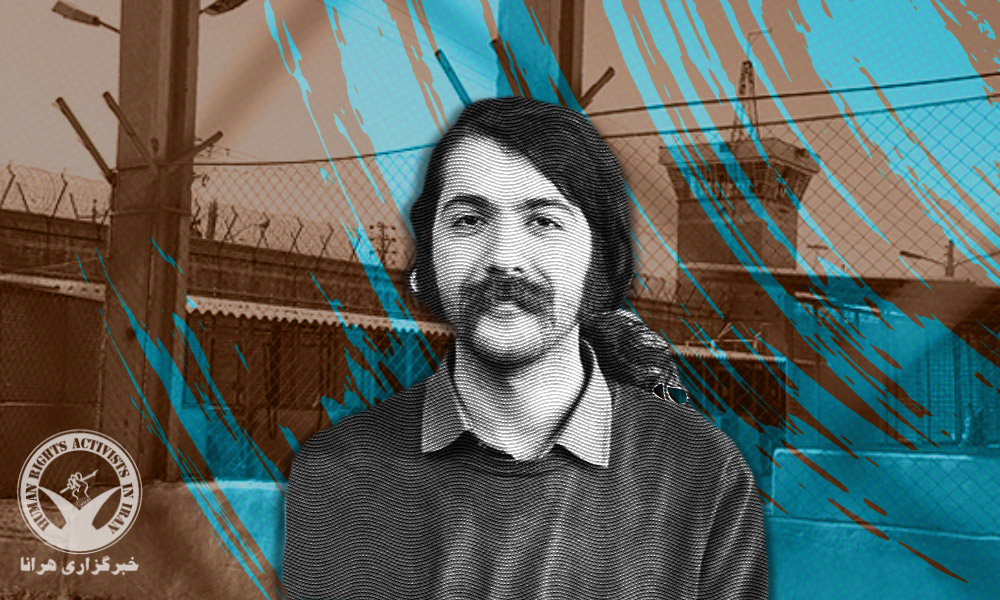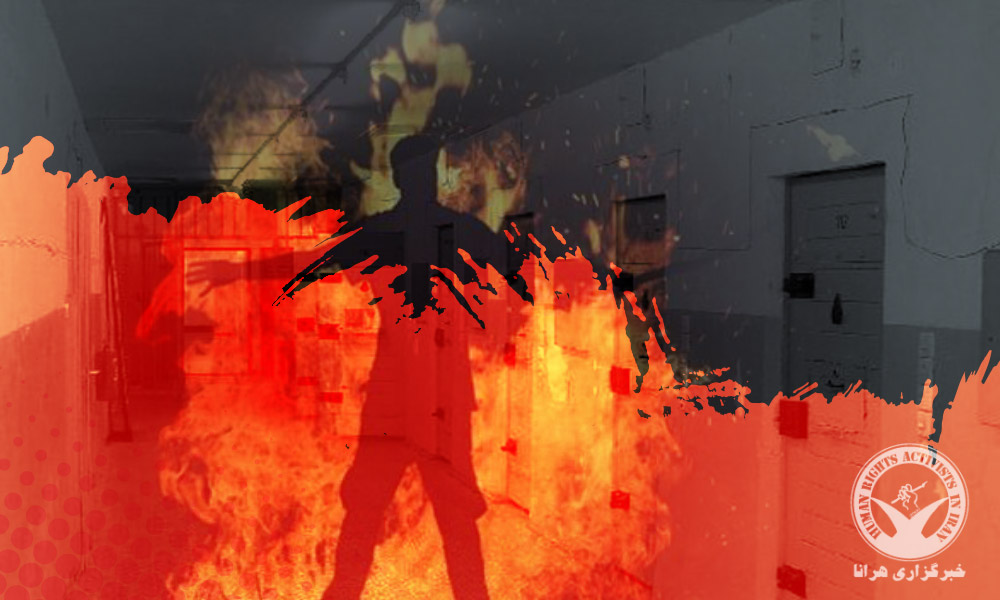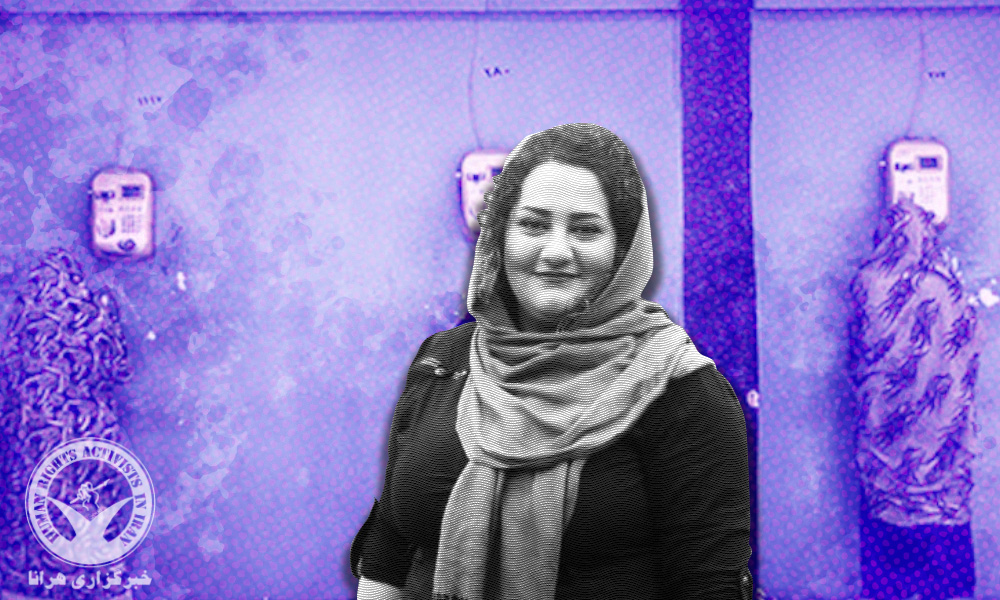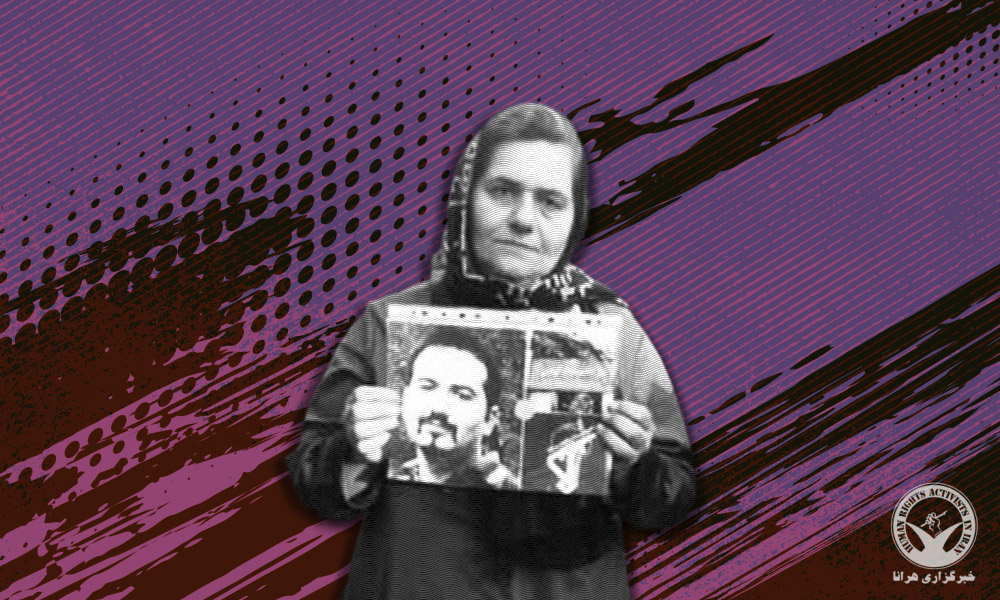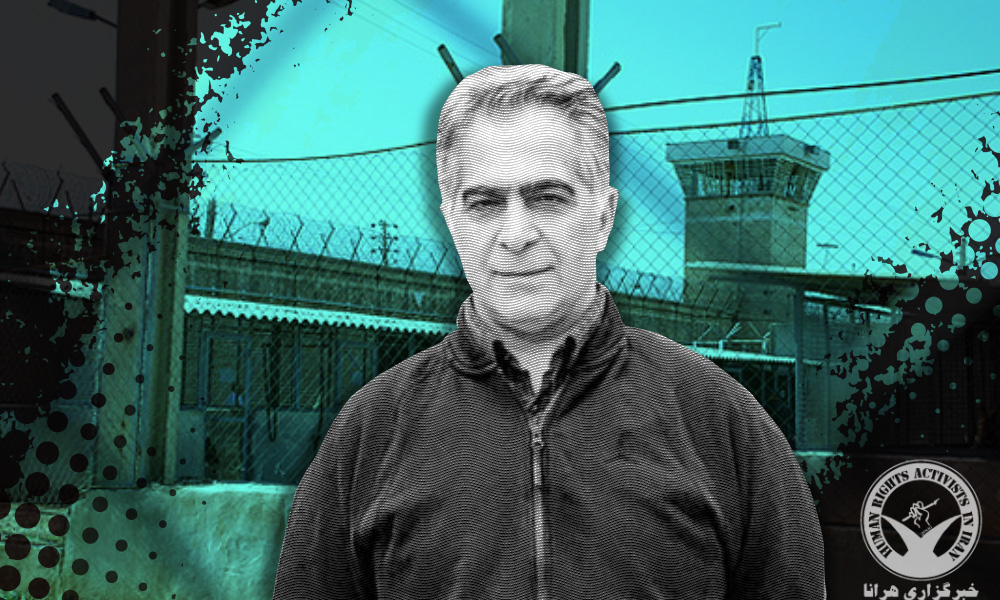On Monday, November 1, translator and board member of the Iranian Writers’ Association (IWA) Arash Gangi was sent to Evin Prison to endure his 11-year sentence.
According to HRANA, the news agency of Human Rights Activists, recently, PEN America in a statement condemned Arash Gangi’s summons and asked for the quashing of this “wildly disproportionate” sentence.
Gangi had been previously sentenced to eleven years in prison by Branch 28 of the Revolutionary Court of Tehran. Grounded on Article 134 of the Islamic Penal Code, a severest punishment of five years is enforceable.
Following the summons he received on October 16 of this year, Arash Gangi appeared at the Executive Unit of Evin prison and from there he was sent to Evin Prison.
On December 22, 2019, the security forces raided his house, and then arrested and transferred him to Ward 209 of Evin Prison, which is at the disposal of the intelligence ministry. Security agents searched his house and confiscated some of his personal belongings during the arrest.
After a while, he was transferred from the Ward 209 to the public section of Evin Prison. On January 19, 2020, he was released on a bail of 450 million tomans until the end of legal proceedings.
In the first court session, on June 14, 2020, the judge increased the bail to 3 billion tomans, and hence he was arrested and transferred to Evin Prison until providing the new bail. He was released on bail on June 21, 2020.
In the second court session, which took place on November 29, 2020, only his attorney attended the court and Mr Ganji could not appear at the court due to having COVID-19 symptoms.
Ultimately, in December 2020, the court, headed by judge Mohammad-Reza Amoozad, sentenced Gangi to five years in prison on a charge of “assembly and collusion in purpose to act against national security”, one year on a charge of “propaganda against the regime” and five years on a charge of “membership in and collaboration with one of the ant-regime groups.”, for a total of 11 years imprisonment. In February 2021, this verdict was upheld by the court of appeals of Tehran.
According to Naser Zarafshan, Mr. Gangi’s lawyer, all these charges were invoked from his translation of a book under the title of “A Small Key Can Open A Big Door: The Rojava Revolution”, which is about Kurdistan upheavals in Syria.
The non-governmental organization IWA was founded by a group of intellectual writers in 1968, originally with the objective of promoting freedom of speech and fighting against censorship.
Although IWA was banned in 1981 by the Iranian authorities, a group of writers created a “consulting assembly” to revive the banned IWA in 1993. On September 8, 1996, 12 writers who had gathered to draft a new charter for the IWA were arrested, interrogated and warned not to hold further meetings for the advancement of the IWA. Since then, the members and board members of IWA have been subject to systematic persecution, long prison sentences and even targeted killing from 1988–98, when certain Iranian dissident intellectuals who had been critical of the Islamic Republic disappeared and their bodies found afterwards.



